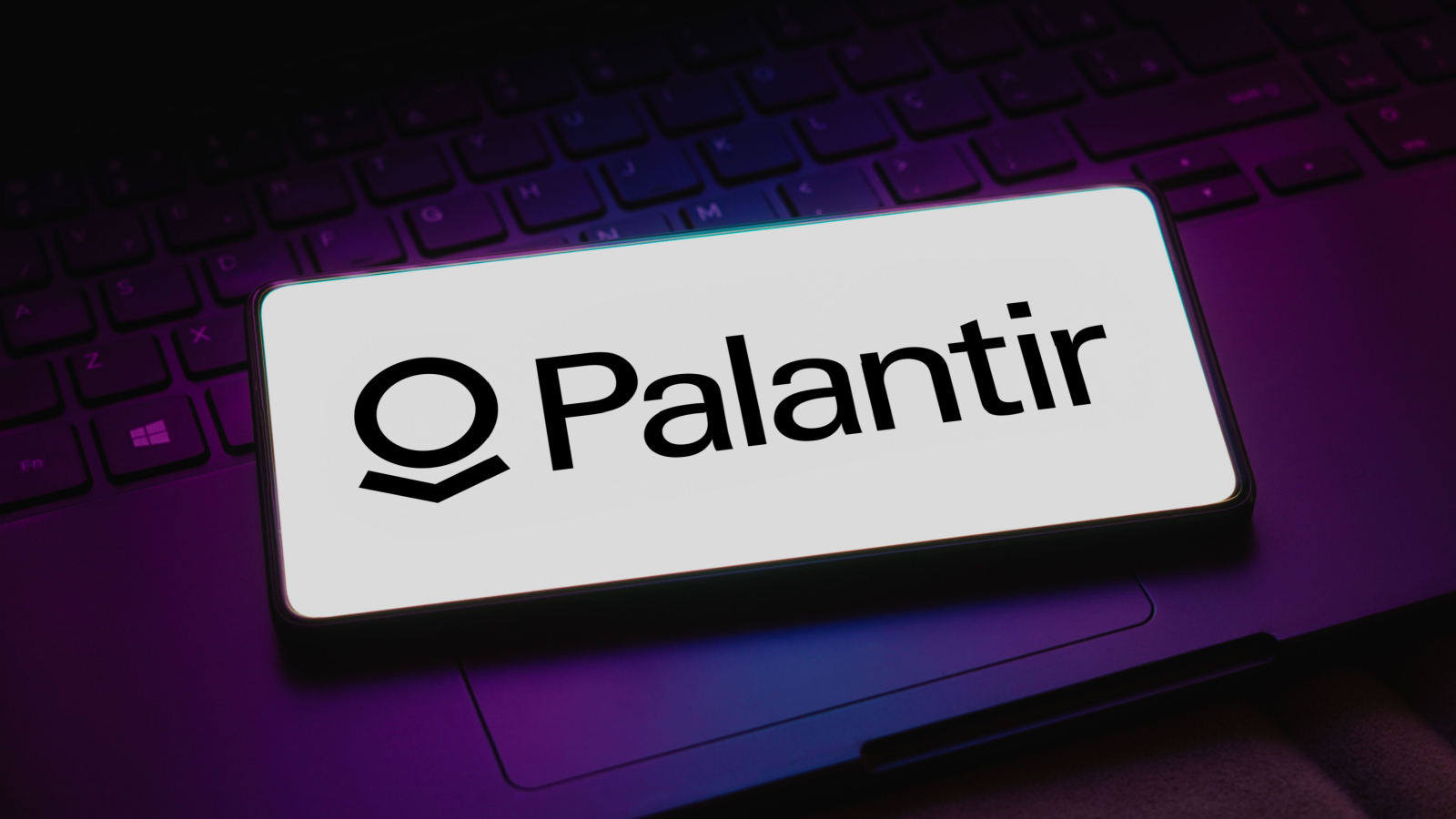
Palantir Technologies (NYSE:PLTR) is a bona fide AI growth story, and Palantir stock is an AI play with substance, not just one built upon hype. As seen with recent results, the enterprise software company is firing on all cylinders, capitalizing on the rise adoption of generative artificial intelligence.
For now, this strong growth story is more than sufficient to outweigh valuation concerns. However, don’t count on this being the case indefinitely. Why? Just take a look at how PLTR has traded in the past.
Since debuting in the public markets in 2020, shares have experienced heavy volatility. Sudden shifts in the market’s perceptions about the company’s long-term growth potential have led to temporary bouts of weakness. The next one could arrive sooner than you think.
Palantir Stock: Holding Steady After Earnings
PLTR hasn’t exactly been on a tear since the company last reported earnings a little over a month ago, but shares have held steady at elevated prices during this time. There were various positive takeaways from the latest results and updates to guidance.
For instance, Palantir reported not just strong commercial growth during the March quarter. The latest results also suggested that the company’s governmental sales growth is steadily re-accelerating. In turn, this may enable the company to achieve better-than-expected growth.
Related to this are other developments that have come out since earnings. Namely, news of a $480 million contract win with the U.S. Department of Defense. This news bolsters the argument that it’s not just the commercial segment, but the governmental segment as well, that is benefiting from Palantir’s rollout of its Artificial Intelligence Platform.
Yet while these and other positives are keeping Palantir stock at between $20 and $25 per share, don’t assume this rangebound price action will carry on until the next wave of truly game-changing news. A return to prices well below $20 per share may be more likely than a sudden surge back above $30 per share.
What Could Drive a De-Rating
Palantir is guiding for more than 20% revenue growth this year. Further re-acceleration could push such annualized growth to 25% or maybe even 30%. However, don’t count on this translating into outsized earnings growth anytime soon.
At least, based upon sell-side earnings forecasts for 2025 and beyond. Although GAAP earnings are expected to more than triple this year, earnings growth in the years ahead aligns closely to expected revenue growth.
This calls into question whether Palantir stock can keep trading for 70 times forward earnings.
A multiple in the 30-40 range could be more reasonable. Still, that’s bad news, in terms of possible valuation-related downside risk. A de-rating down to 40 times forward earnings would mean a price decline exceeding 50%.
Based on current sentiment, such a de-rating may not appear likely to occur, yet if in the quarters ahead, if Palantir fails to handily beat expectations, this may drive a reversal.
While not certain, perhaps that’s why insiders have been net sellers of PLTR, as Seeking Alpha commentator Hunting Alpha recently pointed out.
Throughout May, Palantir insiders, including co-founder Peter Thiel, engaged in aggressive insider selling. Thiel alone sold nearly $275 million worth of PLTR shares last month.
Your Best Move With Palantir at Today’s Prices
Don’t get me wrong. With its strong track record and deep relationships with governmental and commercial end users, betting against Palantir over the long run appears to be a losing move.
Among enterprise software companies, Palantir appears to be the one best-positioned to capitalize on the Gen AI growth trend. However, that doesn’t make PLTR a buy at any price. Based on forecasts, it’s clear that earnings growth will be in tandem with revenue growth. Over time, PLTR’s valuation will normalize.
Hence, waiting for a much cheaper entry point is a preferable course of action. As insiders take profit, follow suit if you own Palantir stock. Wait for shares to correct to a more reasonable valuation before re-entering a position, or to initiate a position if you’ve yet to buy.
On the date of publication, Thomas Niel did not hold (either directly or indirectly) any positions in the securities mentioned in this article. The opinions expressed in this article are those of the writer, subject to the InvestorPlace.com Publishing Guidelines.



